Jeff Bezos' Blue Origin is gearing up for the inaugural launch of its New Glenn rocket from Cape Canaveral this year. However, the company has expressed significant concerns about future launches of SpaceX's Starship and Super Heavy rockets, which are also set to launch from Florida's Space Coast.
Elon Musk's SpaceX is developing the most powerful rocket to reach orbit from its Texas test site, with plans for launch pads at Cape Canaveral Space Force Station (CCSFS) and Kennedy Space Center (KSC). The U.S. Department of the Air Force is conducting an Environmental Impact Statement (EIS) for Starship launches from Canaveral's Space Launch Complex 37, which was previously used by United Launch Alliance (ULA) until the last Delta IV Heavy launch earlier this year. The Federal Aviation Administration (FAA) is performing a similar assessment for a Starship launch pad at KSC's Launch Complex 39-A, currently used for Falcon 9 and Falcon Heavy launches. Public comments on the FAA's assessment were accepted until June 24, before moving into the next phases.
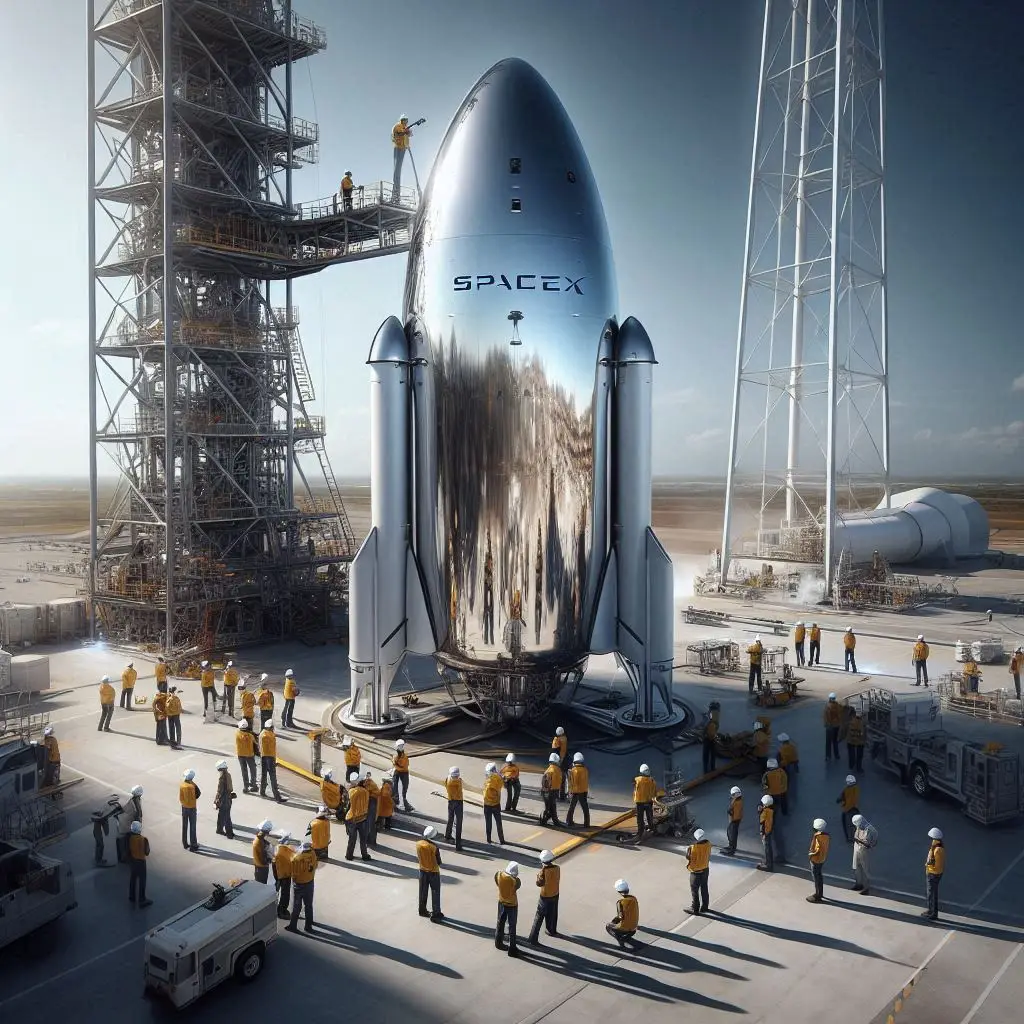
Blue Origin submitted its concerns during the public comment period, suggesting that the number of SpaceX launches from Florida be limited. The company emphasized its substantial investment of over $1 billion in Canaveral's Space Launch Complex 36 and noted that it employs 2,700 full-time workers in Brevard County, including 449 at Canaveral, directly affected by local launch activities.
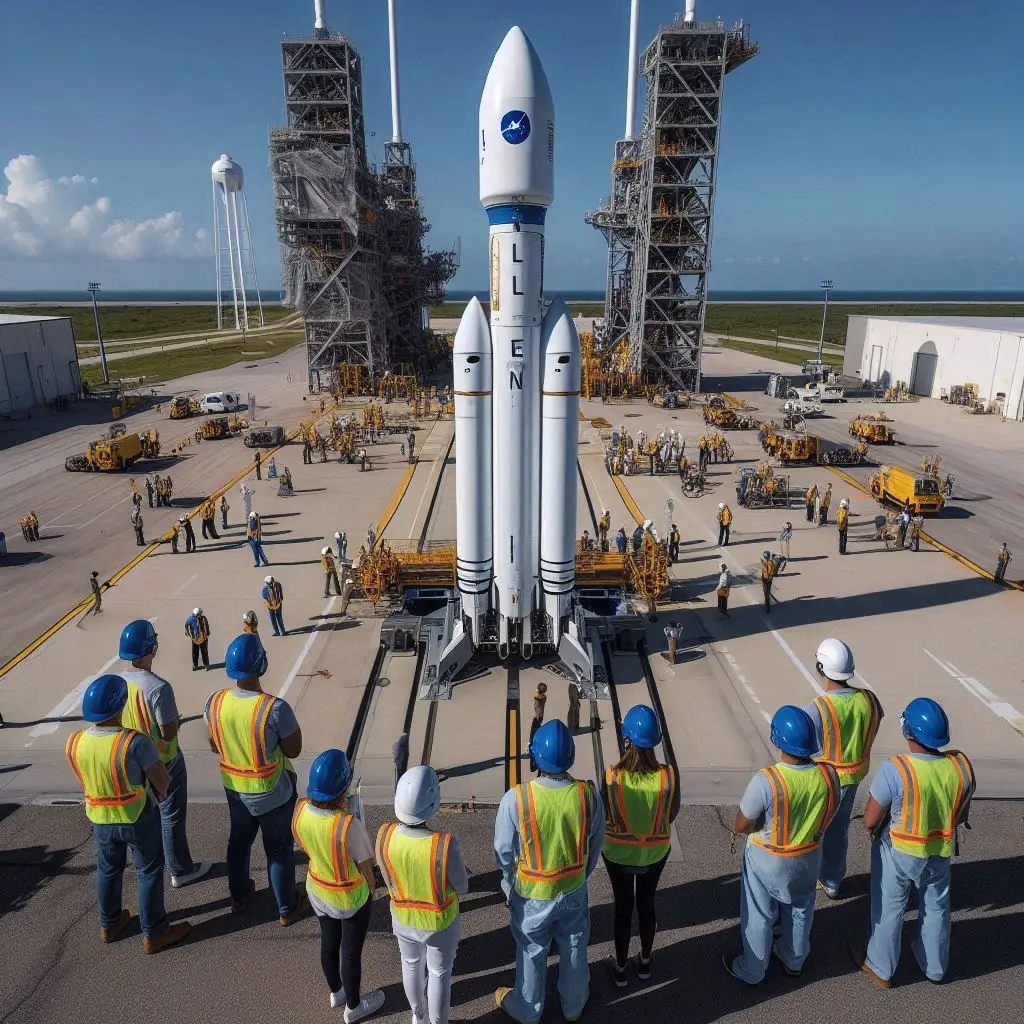
The company highlighted several risks associated with Starship launches, including launch pad anomalies, debris dispersion, blast overpressure, sonic boom overpressure, explosions, fires, air quality issues, noise, and other effects during launches and landings. Blue Origin also stressed the need to preserve historical and environmental resources under its control and those owned by U.S. government entities.
Blue Origin argued that the FAA's EIS should thoroughly evaluate the significant risks, alternatives, mitigations, and resources associated with Starship operations. This includes capping the number of launches, landings, and test fires; investing in additional launch infrastructure to reduce Starship's impact on other companies; and granting other providers scheduling priority for conflicting launches. The company also suggested that SpaceX or the government should indemnify third parties for any losses caused by Starship operations, including commercial disruptions. It recommended mandatory penalties for SpaceX for operations not covered by an active EIS or other environmental restrictions.
Competing with SpaceX and ULA for launch time and maritime assets, Blue Origin is one of three providers under the National Security Space Launch Phase 3 Lane 1 procurement, which will award contracts worth up to $5.6 billion over the next five years. Similar to SpaceX's Falcon 9 rockets, the New Glenn's first stage is designed to land on a sea-based platform after launch and be reused for up to 25 missions. The New Glenn rocket distinguishes itself with a large payload space, capable of fitting three school buses, due to its nearly 23-foot diameter fairing. This is significantly larger than the fairings on Falcon 9, Falcon Heavy, and ULA's Vulcan Centaur.

Blue Origin took over LC-36 in 2015, a site previously used for government launches from 1962 to 2005, including the lunar lander Surveyor 1 in 1967 and various Mariner probes. As the company prepares for its New Glenn debut, it continues to advocate for measures ensuring safe and fair access to launch resources in the face of SpaceX's growing presence on the Space Coast.
As the space industry evolves, the balance between innovation, competition, and environmental responsibility remains crucial. Blue Origin's proactive stance highlights the complexities and challenges of managing multiple high-profile launch operations from a shared geographical area.


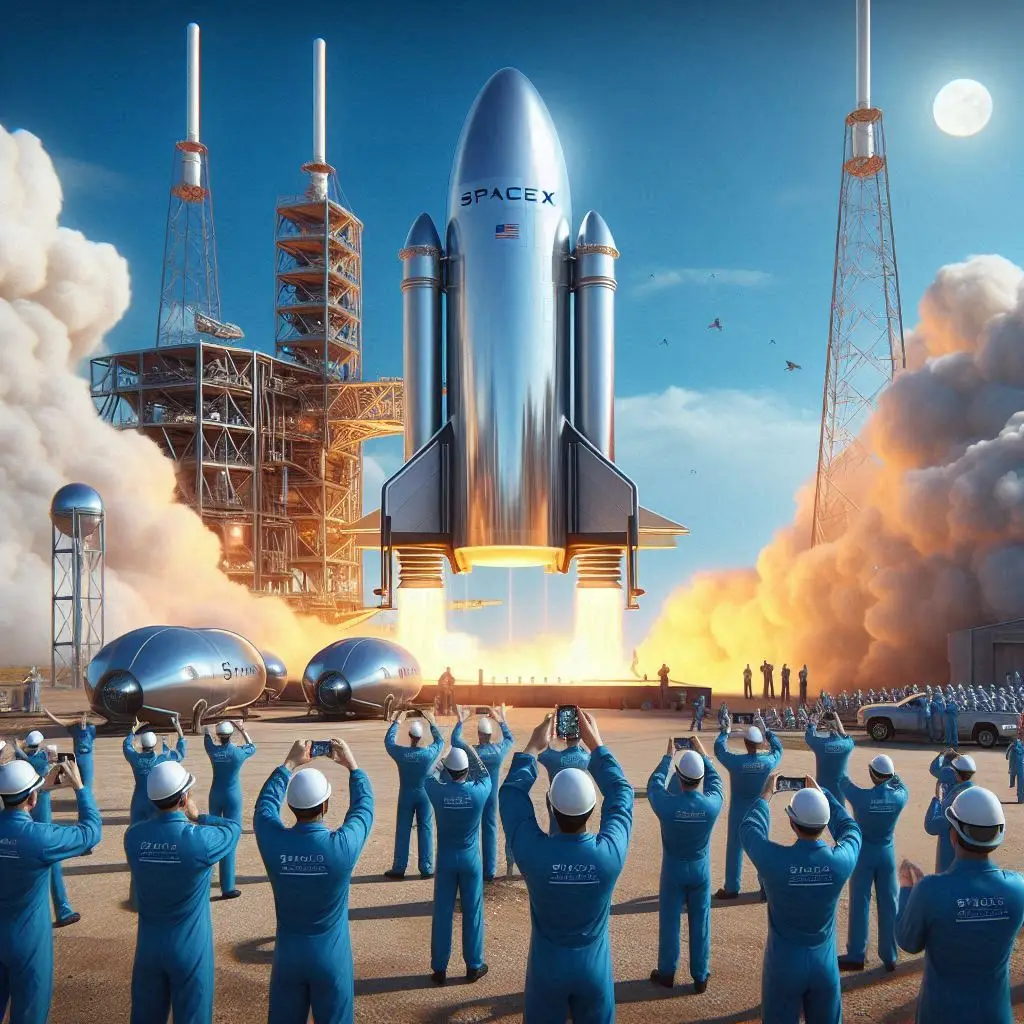
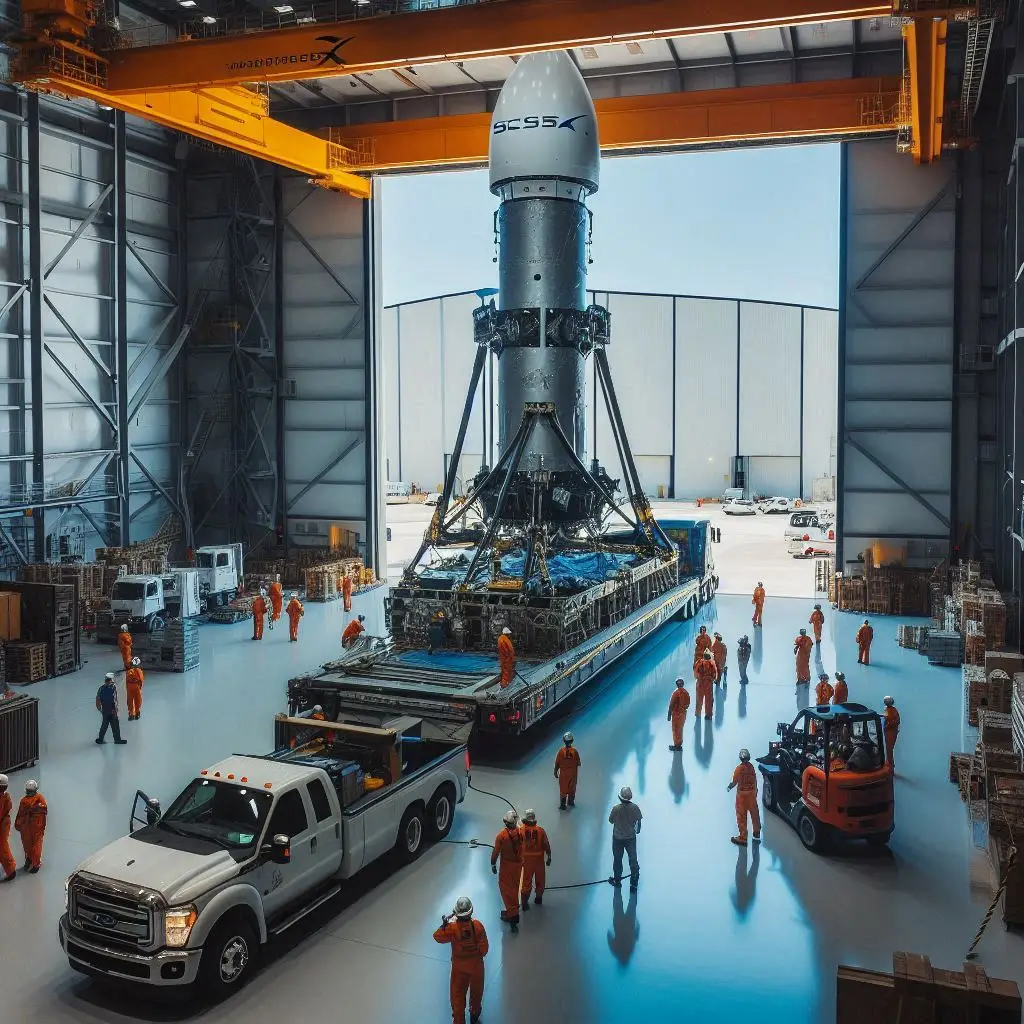
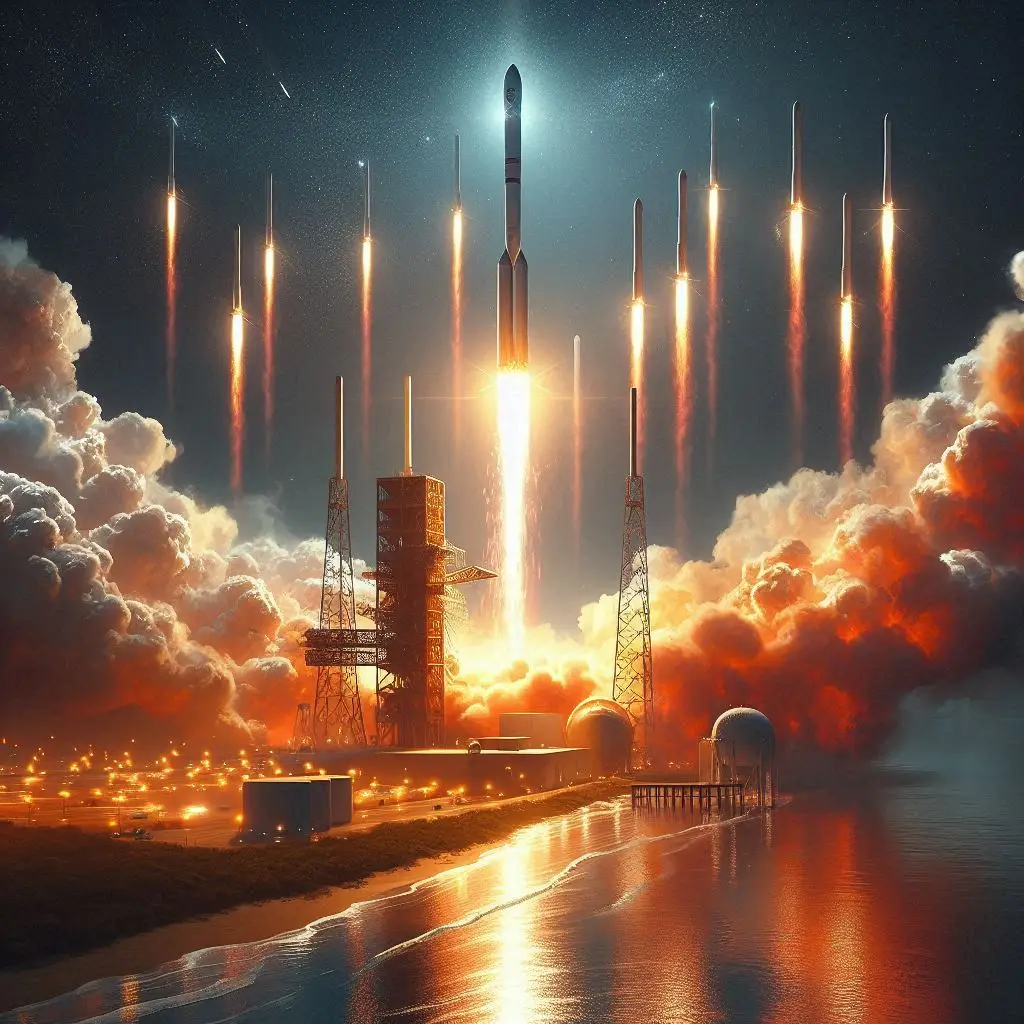
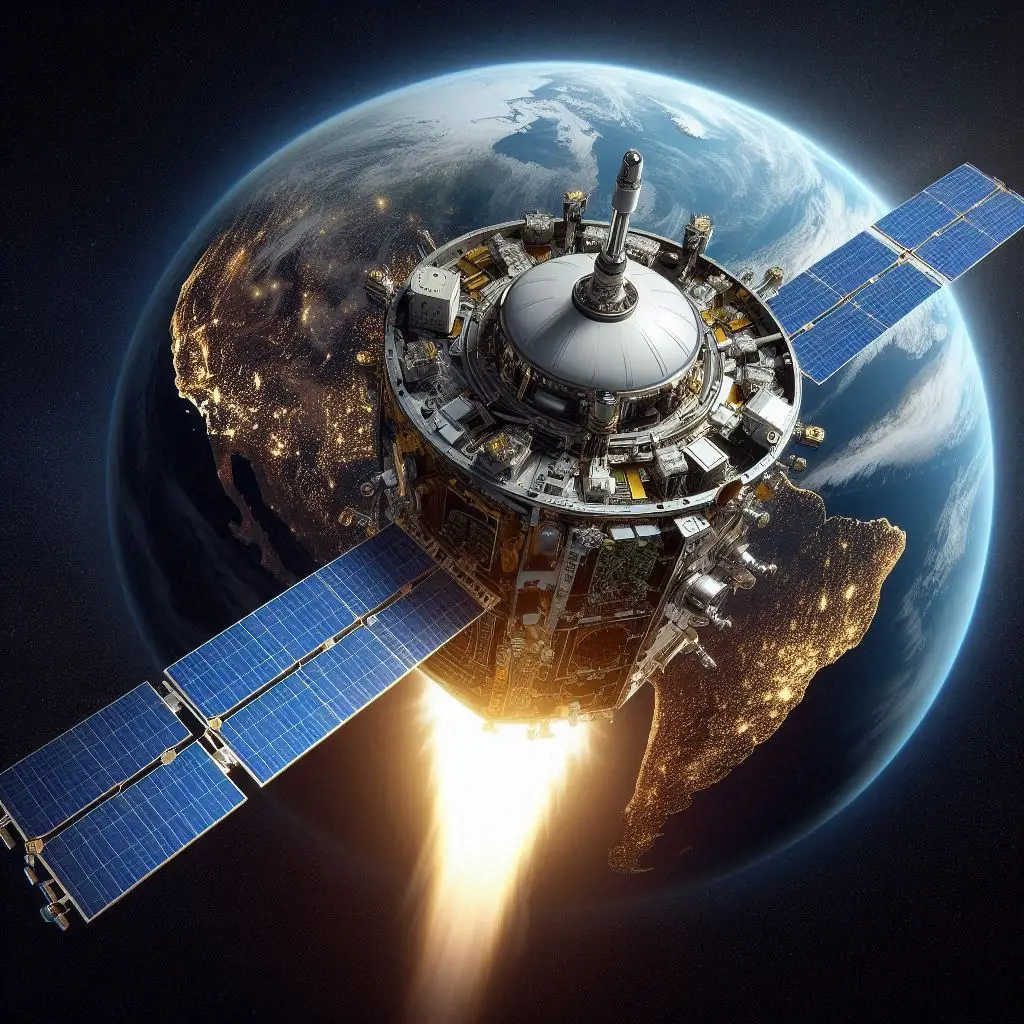
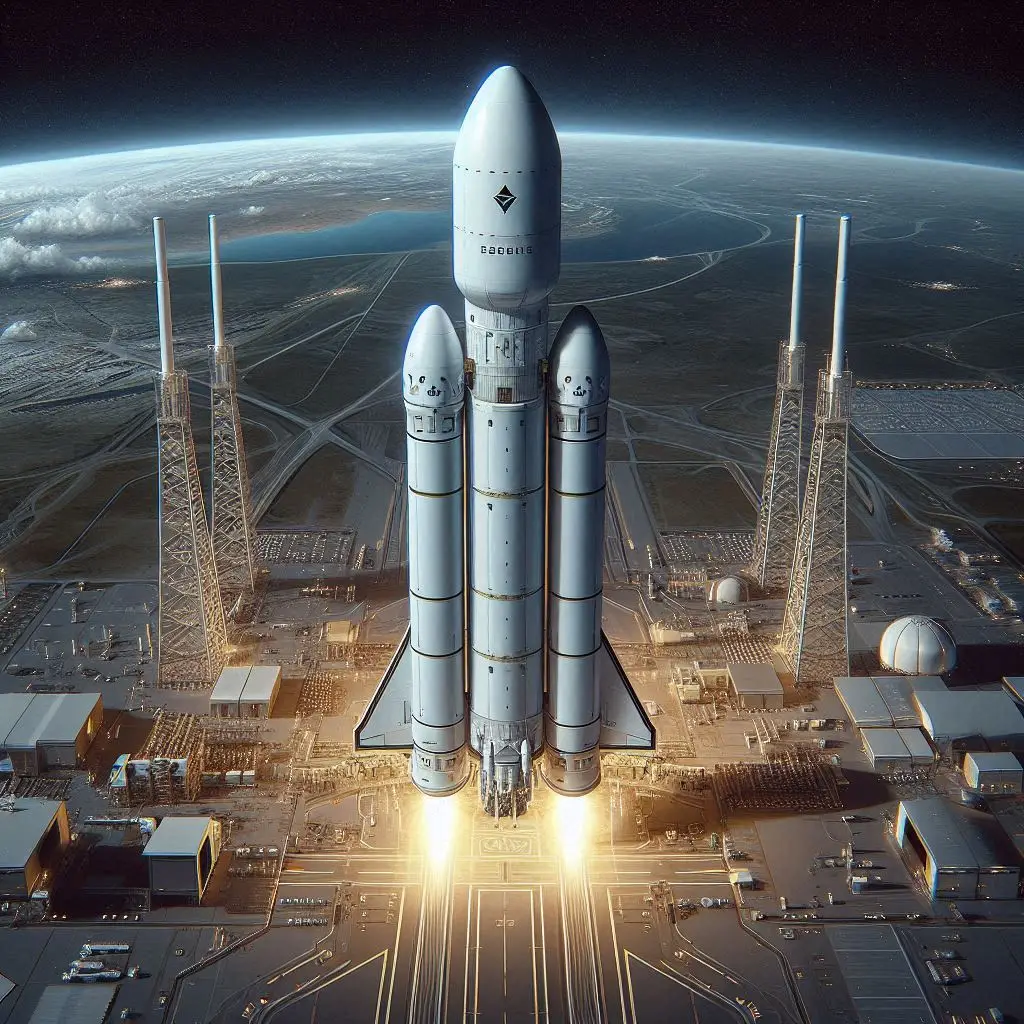


Add a Comment: